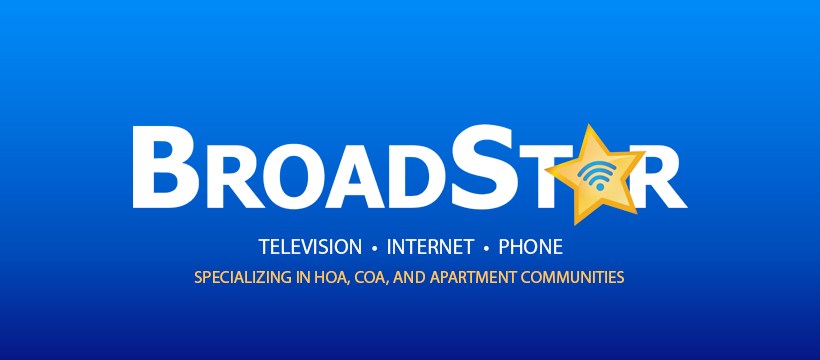Protecting Multi-Dwelling Unit Internet Data Flow Via Robust Cryptographic Protocols for Safeguard End-User Privacy and Information Integrity
Protecting Multi-Dwelling Unit Internet Data Flow Via Robust Cryptographic Protocols for Safeguard End-User Privacy and Information Integrity
Blog Article
Within the current online world, securing internet data is increasingly crucial than ever, particularly in Multi-Unit Units (MDUs) such as apartment complexes and condominiums settings. These settings frequently have many tenants sharing the identical internet connection, which can result to potential safety risks. To guarantee that users' confidentiality and information integrity are maintained, it is essential to implement strong encryption standards. Encryption is a technique that scrambles data, making it inaccessible to anyone who do not have the appropriate key to decrypt it. This process helps keep personal information secure from hackers and unapproved users.
One of the most commonly used coding protocols is SSL Sockets Layer (SSL) and its replacement, Transport Layer (TLS). These standards establish a protected link between a resident's system and the internet, guaranteeing that any information transferred stays private. When residents in an MDU use sites that utilize SSL/TLS, their personal data, including passwords and credit billing numbers, is secured. This implies that although when someone tries to capture the information, they would only see a mess of characters and numbers, rendering it nearly impossible to comprehend. By promoting the use of these protocols, MDUs can greatly improve the safety of their residents' online activities.
A further crucial coding method is Virtual Secure Tunnel (VPN) solutions. A VPN creates a protected tunnel for internet traffic, which safeguards individuals from invasive observers, especially when using public Wi-Fi networks. In an MDU, in which numerous tenants may link to the same network, employing a VPN can help ensure that individual internet actions stay confidential. This is particularly important for activities including internet transactions or retrieving confidential information. By promoting the adoption of VPNs among residents, MDUs can cultivate a more secure internet space and assist safeguard against data breaches.
In addition to these coding methods, it is vital for MDUs to educate their tenants about the significance of online security. Many people may not be conscious of the threats associated with using common internet connections. Providing resources on how to recognize phishing efforts, the importance of strong credentials, and the advantages of using encrypted sites can enable residents to take charge of their internet safety. Seminars or educational sessions can be effective ways to increase knowledge and encourage optimal habits for internet security.
Ultimately, MDUs should think about working with web provider providers (ISPs) that prioritize safety and offer advanced coding options. By partnering with ISPs that utilize robust encryption click to find out more standards, MDUs can ensure that their tenants have availability to secure web connections. This collaboration can result to enhanced overall safety for the whole building, as well as enhanced confidence among residents. By implementing these steps, MDUs can create a more secure online environment, safeguarding user confidentiality and information integrity in an ever more connected world.